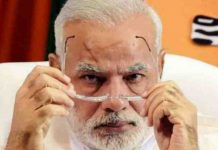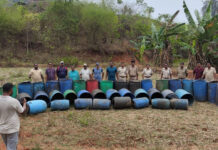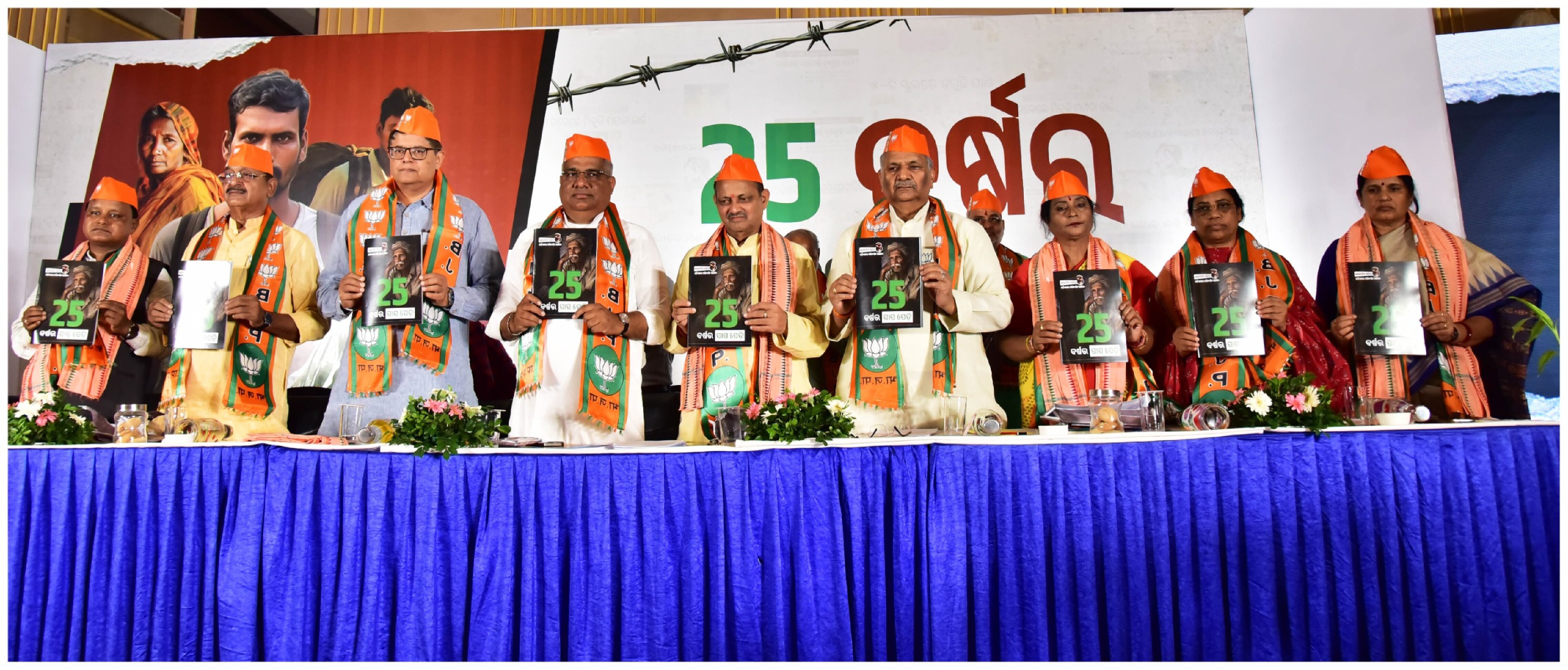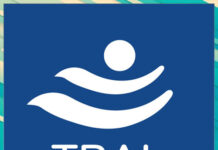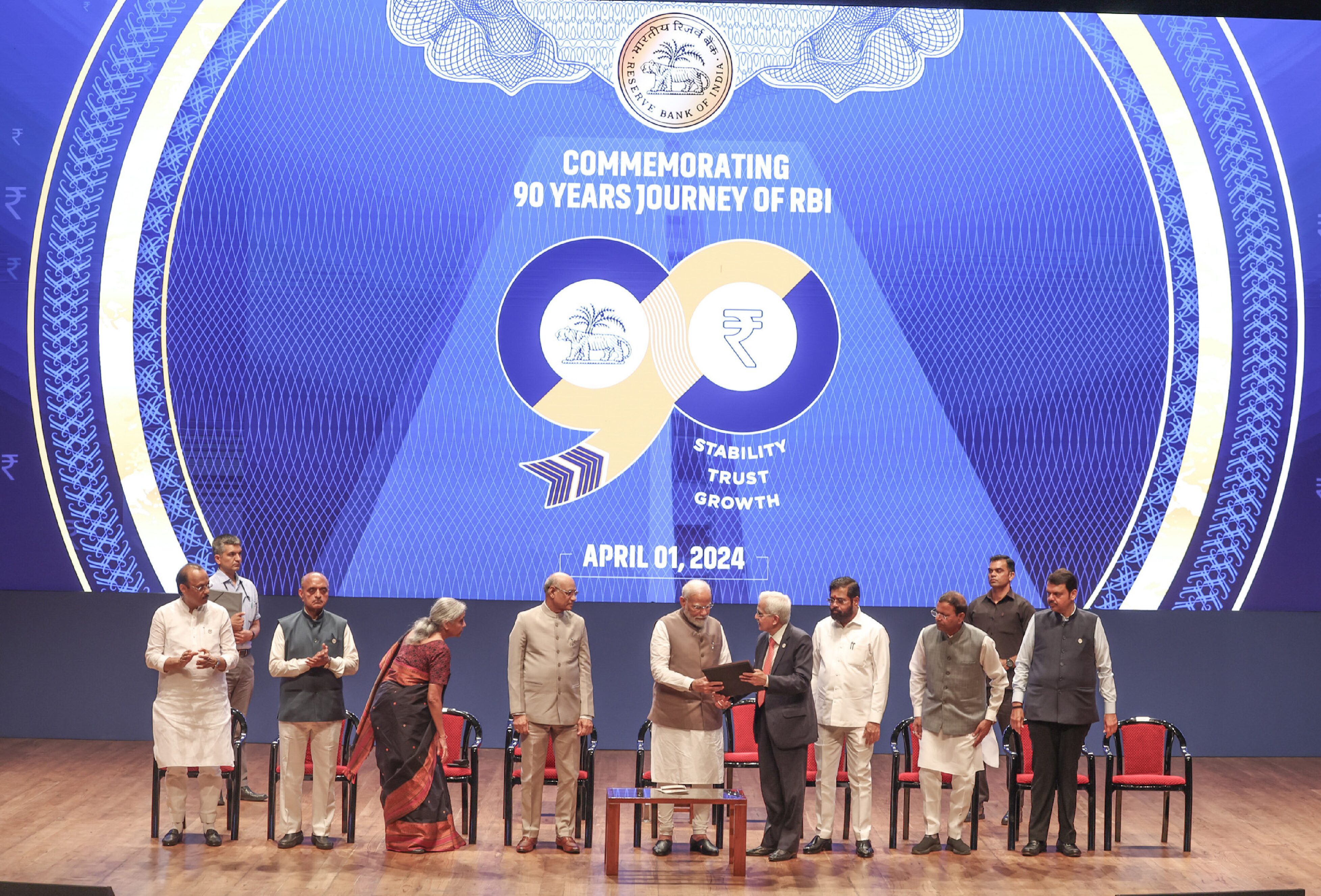Indian Institute of Astrophysics (IIA), an Autonomous body under the Department of science and Technology played a crucial role in the Surya Tilak Project at Ayodhya. Under the Surya Tilak project, sunlight was brought on the forehead of Sri Ram Lalla at 12 noon on the occasion of Sri Ram Navami in the Chaitra month. IIA team carried out the calculation of the sun position, design and optimisation of the optical system, and performed the integration & alignment at the site.
The English calendar date of Sri Ram Navami festival changes every year as it follows Lunar Calendar. Therefore, the position of the sun on the sky changes every year on the day of Sri Ram Navami. Detailed calculations show that the English calendar date of Sri Ram Navami repeats every 19 years. Calculating the position of the sun in the sky on these days requires expertise in astronomy.
IIA team led the calculation for identification of the calendar days of Sri Ram Navami for one cycle of 19 years followed by its repetition, estimation of the position in the sky on the calendar dates of the Ram Navami.
They also led the design of an opto-mechanical system to bring the sunlight from the top of the temple to the forehead of the idol, estimation of the size, shape and location of mirrors and lenses in the system for sufficient light to fall on the idol for about 6 minutes,opto-mechanical design of the lens and mirror holder assembly, and the manual mechanism to shift the position of the first mirror according to the position of the Sun in the sky. Crucial design optimisation as well as simulations were carried out to arrive at various quantities in the opto-mechanical design as well as the functioning of the mechanism.
As the temple is not fully complete now, the IIA experts modified the design to suit the existing structure and performed image optimisation. This design, with 4 mirrors and 2 lenses, is executed for the Surya Tilak on 17th April 2024. The IIA technical experts participated in the testing, assembly, integration and validation of the system at cite. The crucial alignment of the mirrors and lenses were performed by the technical experts from IIA during the trial runs in the Ram Mandir prior to the first Surya Tilak on 17th April 2024.
At the site, the implementation of the opto-mechanical system is done by CBRI. The device is manufactured by Optics, Bangalore.
The final design of the Surya Tilak with 4 mirrors and 4 lenses, will be implemented once the full temple is constructed, by placing the mirrors and lenses in their permanent fixtures.The above mechanism was designed to work even if there is a shift of 1-2 days in the calendar date of the Ram Navami. A change will alter the duration of the spot on the idol. The mechanism will not work if there is no sunlight due to cloud or rain. An annual shift of the first mirror has to be performed manually before Ram Navami every year. The lenses and mirrors are mounted on holders are accessible and can be cleaned periodically.
The device has been manufactured by Optica, Bangalore & implementation of the opto-mechanical system at the site is being done by CSIR-CBRI.







